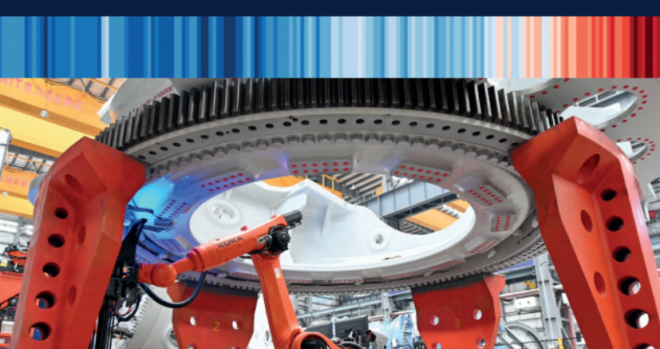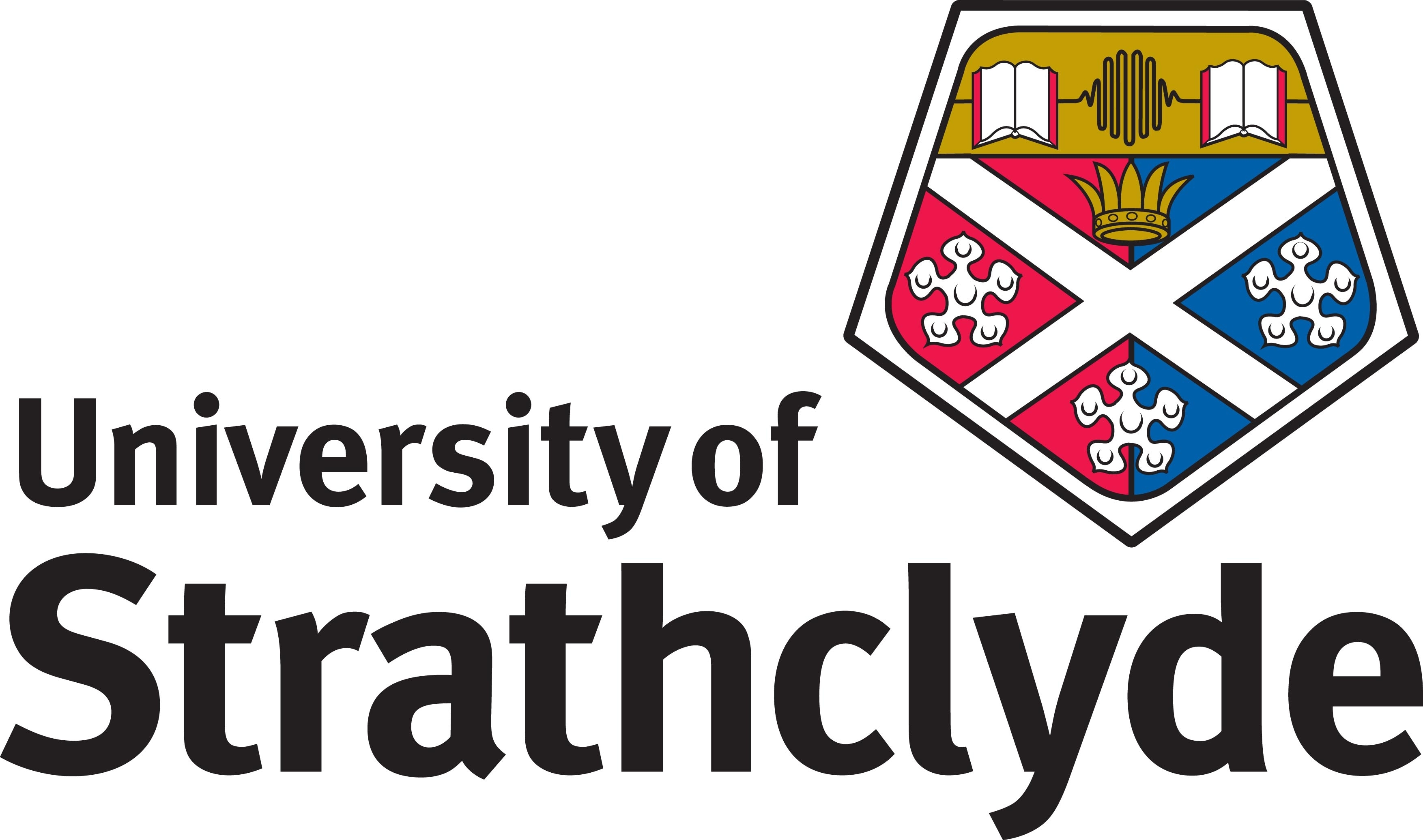The aim of this project is to better understand how marine growth impacts the functionality and vulnerabilities of dynamic subsea power cables (dSPCs) used in floating wind and marine renewable energy technologies. These technologies are expected to play a major role in fulfilling societal and governmental objectives to decarbonise electricity generation. dSPCs, necessary to transmit electricity from floating devices to the seabed, are vulnerable to fatigue due to exposure to cyclic wave and tidal loads in the water column. The resulting structural failure is caused by lift and drag forces from the dynamic environment which are exacerbated by marine growth. Replacement of cables and components is costly in terms of materials, vessel-use, and operational ‘down-time’ of the turbine/farm.
In this project, a thorough review of the latest studies of the use of dSPCs and marine growth in the offshore renewable energy (ORE) sector will be gathered in collaboration with research engineers at the University of Exeter (UoE), and test centres and developers representing floating ORE technologies. The objectives are to identify and assess impacts unique to these technologies, explore risk and economic consequences, highlight mitigation strategies and knowledge gaps, and to develop a largerscale collaborative proposal to address gaps and test solutions.











